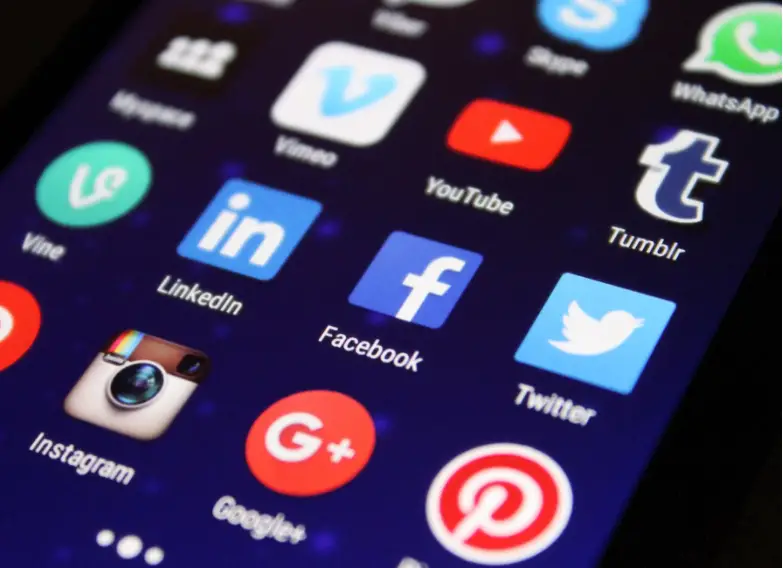Does VPN Work on Cellular Data?
Choosing the right VPN can be a troubling task, especially if you are trying to find the one that will work on your mobile phone. Since we tend to spend a lot of time away from our homes and desktop computers, it is natural to develop a need for VPN on mobile devices.
VPN can be used on a mobile device since it can work with cellular data. However, the VPN connection will never be as fast as a desktop connection via ethernet or Wi-Fi network. VPN on mobile devices can also drain their battery quickly, and can significantly increase data consumption.
This is why there are several tips mentioned further in the text, which will help you choose the right VPN app for you and which will help you decrease the data consumption, so you can enjoy VPN on a mobile phone without any worries.
Does VPN Work over 4G?
If you are always on the go and using public Wi-Fi is not an option for you, simply because it can be overcrowded and very slow, then using mobile data is the perfect solution. The issue arises when you are trying to access content that is available in another country, but not in yours, for example.
Combining already slow public Wi-Fi connection with VPN which will slow it even more, makes you switch from Wi-Fi to your mobile data. Especially if you are trying to stream some videos from platforms like Netflix, Amazon Prime, Hulu, and others, which offer very regional content to their users.
Another issue you may encounter is that some of the apps you are used to are not available when you travel to another country. This can happen because some apps are banned in certain areas, and there is no way to bypass this ban unless you virtually change your location.
Both of these issues can be solved by using a VPN, which can temporarily change your IP address so that it appears that you are in another country.
VPN is usually used on computers, but it can also be used on mobile phones since it is compatible with portable devices as well. VPN does work over a 4G network, but it will consume more data than usual internet browsing without it would.
VPN usage can also drain the battery of the phone, so it is important to use it selectively – only when you really need it. There is no point in keeping the VPN on at all times.
On average, a VPN will use somewhere from 5 up to 15% more data than usual. There are some apps that claim that their VPN increases data usage by around 1 to 2%, but this has not been proven. They can reduce data consumption by blocking phishing or tracking domains.
VPN Protocols
There are several VPN protocols you should configure so you can keep the data consumption under control. The VPN protocols are different for mobile device and for a computer, so make sure you are using the right type.
IKEv2 protocol is the most important one since it will act as a kill switch. This means that this protocol will make it possible for the device to reconnect to a private server once the connection with the VPN server has been lost.
IPSec protocol is the security protocol that comes in two versions. The first one is 128-bit and the second one is 256-bit. The first one is recommended for mobile users since it consumes less data than the second one.
There is one protocol you should avoid as a mobile user since it will drain the mobile data really fast. However, if this is not important and all you want is to have guaranteed speed, then this protocol is right for you. Its name is 256-bit Stealth Open VPN.
Usually, you will not have to configure these protocols on your own, but if you do find yourself in a situation like this, it is good to know what to avoid and which ones to implement. This list of protocols that are given here is not definite, so you should do the research to see what works the best for you.
Tips to Reduce VPN Data Usage
As already explained, the VPN can be used in a combination with mobile data, but it will consume too much of it. This is why you need to pay attention to the amount of data used if you have a limited monthly plan.
The best advice is to keep the VPN off when you are not using it. Even if you are not browsing the internet, the VPN app may still use some data for background activities, and this can drain the data unnoticed.
When connecting to a server, it is always the best option to choose the server that is closest to your location. This will significantly reduce the data usage since the data will have to travel through the shortest path, and the speed will also be higher.
Another thing you can use is to use split tunneling. This means that you as a user will selectively tunnel some activities via VPN, while others will be routed via public networks. This will increase the speed and lower data usage on mobile devices.
And lastly, try to avoid using any free VPN apps. Free apps usually have a lot of advertisements in the form of pop-up ads, which can use too much data. Also, there is no way to track or limit data usage through this form of ads.
Usually, you are not able to turn off these pop-ups until they load completely, which is what creates the issue and drains the data.
Try to find the one that has positive comments in the Play or App store and the one that has proved that it works. Although you will have to pay monthly subscriptions, it is better like that than it is to pay more through data you used with free apps.

